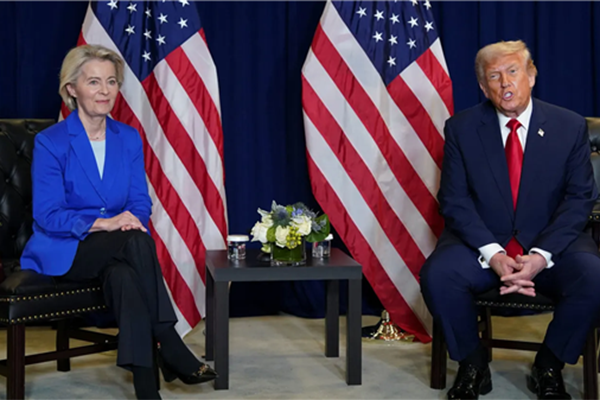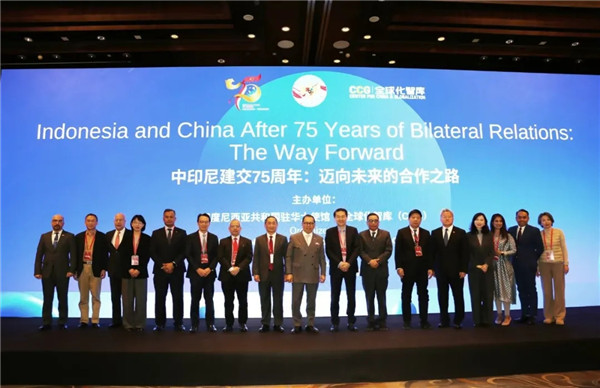【Global Times】Overseas study about more than higher pay
September 25 , 2017
Illustration: Liu Rui/GT
There has been some recent soul-searching over the shocking discovery that 68 percent of the returnees are frustrated with their lower-than-expected salary in the Chinese domestic market. The big question: Is overseas education still a valuable choice at all?
Indeed it is different from the early days of reform and opening-up in the 1980s and 1990s, when a diploma from a foreign university would secure you a coveted job. At that time, overseas returnees were treated like our national treasure – giantpanda. After all, there were only a few hundreds of them going overseas – 860 in 1978, and even fewer choosing to come back.
Based on Education Ministry statistics, more than 3.6 million Chinese students went abroad for further studies between 2006 and 2016. Some 80 percent of them returned to China to seek jobs. For example, the number of returnees stood at over 430,000 in 2016. It is expected to shoot up to 660,000 in 2017, a sharp rise of more than 53 percent, mainly attributed to the booming Chinese economy which grew at 6.9 percent in the first half of this year.
The fact that more and more students are coming back means fiercer competition in the job market not only for local students but among the returnees themselves. This factor is probably the major cause of lower salary. It’s hard to look for a good job.
Besides, overseas education doesn’t necessarily equal excellent education. Why should the returnees automatically receive a better salary than their local counterparts unless they’re graduates of top foreign universities? After all, not every foreign university that offers a degree provides quality education. Similarly, we may conclude that not every returnee is academically competitive. For example, some returnees failed to even acquire language proficiency after years of overseas study.
It is said that those who do well in China will often succeed in a foreign environment. If a student chooses to go abroad to evade tough domestic competition, he or she probably will have a hard time in a foreign country too.

According to data from the Center for China and Globalization (CCG) and Zhilian Zhaopin, 44.8 percent of the returnees have a starting monthly salary below 6,000 yuan ($910), fewer than 36 percent receive salary between 6,000 to 10,000 yuan. Only 5.8 percent can boast of over 20,000 yuan.
Some returnees are understandably further frustrated when they compare their salaries to the high investment they made in studying overseas, which ranges from hundreds of thousands to a million yuan depending on the duration of stay abroad.
The tough question facing the community often is: Is overseas study a smart investment?
Well, if you focus on the numbers only, it might not be the case. But what overseas study brings about goes beyond job and salary. It is a precious chance to see the world and broaden our vision. It often helps people better understand our own culture and our own country by getting up close to a foreign one.
Overseas study may continue to be a valuable experience, but is also an increasingly common practice. The returnees are gradually losing the glamour associated with overseas education, which may actually help us consider going abroad in a more rational way.
To further complicate the decision-making process, China is in a leading position in more and more fields.
For example, foreigners are often surprised at how easily digital transactions are being undertaken in China where a cashless society is being built up at an increasingly high speed. Artificial intelligence research in China, given its tremendous advantage of available statistics and a huge market, is poised to even surpass that of the US in the next few years. Countries like Singapore have reacted quickly and decided to learn from China’s e-commerce experience.
After spending a few years abroad, you are less likely to beat the local graduates in the job market as they tend to be more familiar with Chinese consumption habits and popular social media applications such as WeChat and Weibo. Considering all this: Is studying abroad a wise choice?






